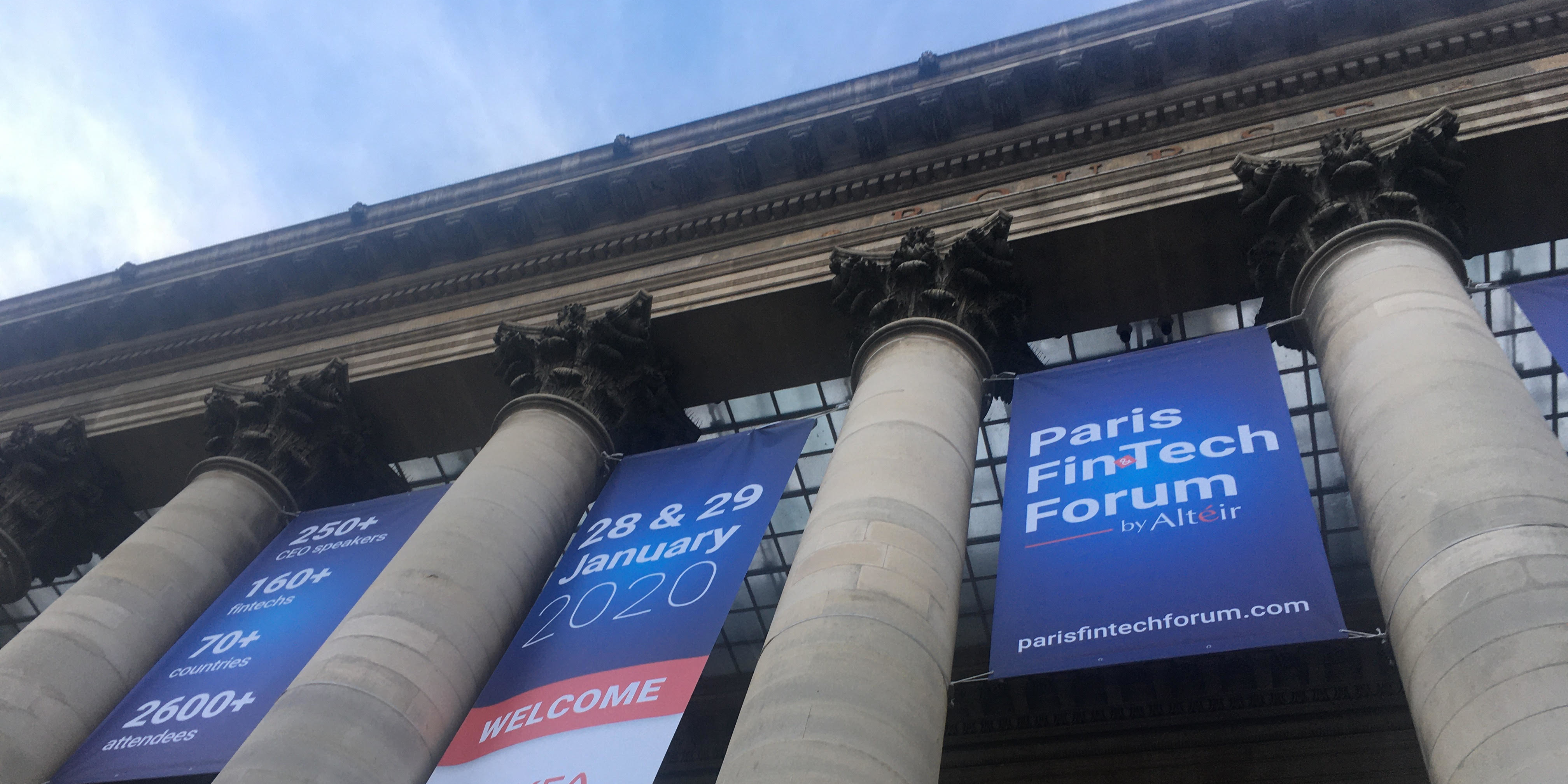

Unlike the other well-known colony in Greece, Corinth, where Greek became the standard language of public inscriptions in the 2 nd century, Latin remained in use at Philippi until much later. Philippi seems to have hung on to its Roman character until very late in its history. Roman rebuilding and rearrangements at Philippi were so extensive that archaeologists have managed to discover very little about the older, Hellenistic city. Under the Empire the city became one of the most important and prosperous in the province of Macedonia. The city was originally founded by Philip II in the late Classical period but a Roman colony was planted there following the famous nearby battle at which Octavian and Antony defeated Brutus and Cassius. Philippi is an important archaeological site. The guide is a valuable summary of the main results of their work.
Inside the ville forums series#
Its authors, Michel Sève and Patrick Weber, have worked at Philippi since 1977, studying and re-evaluating its monuments and publishing a series of important articles. This new publication on the Forum of Philippi is a welcome addition to the series and more than lives up to the expectations created by its predecessors. Previous highlights include the guides to Delos, Delphi and Thasos. Devoted to sites where research has been carried out under the auspices of the French School, each guide is written by leading archaeologists who have been actively involved in fieldwork at the site in question and manages to be accessible to a general readership while containing a sufficient level of detail and academic discussion to make it a useful scholarly tool. The “sites et monuments” series of archaeological guides begun by the École française d’Athènes in the late 1970s has maintained a consistently high standard.


 0 kommentar(er)
0 kommentar(er)
